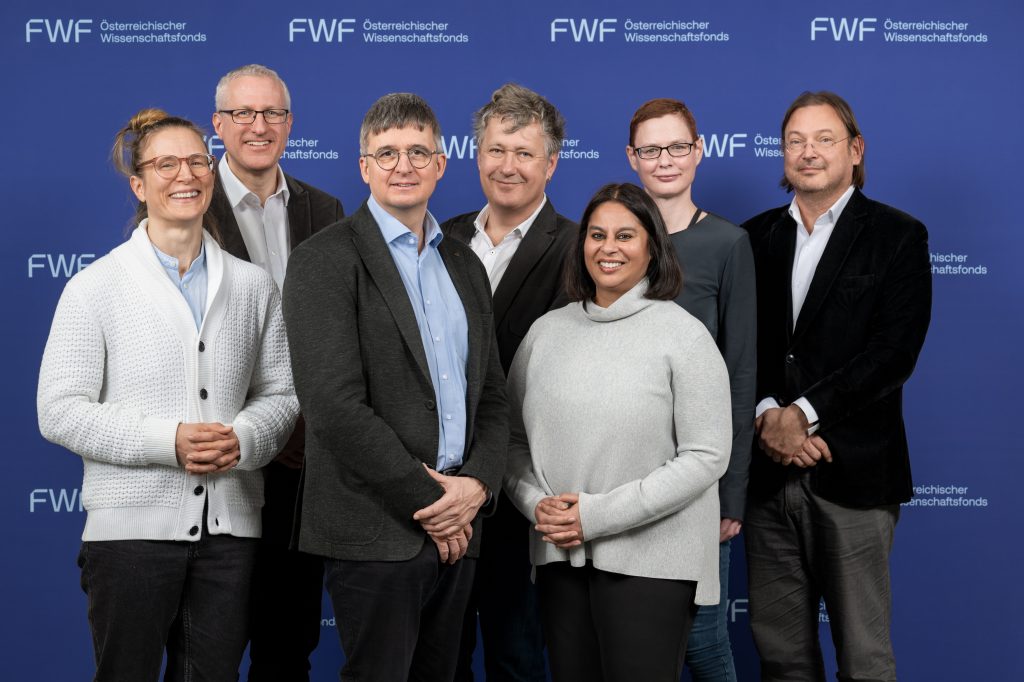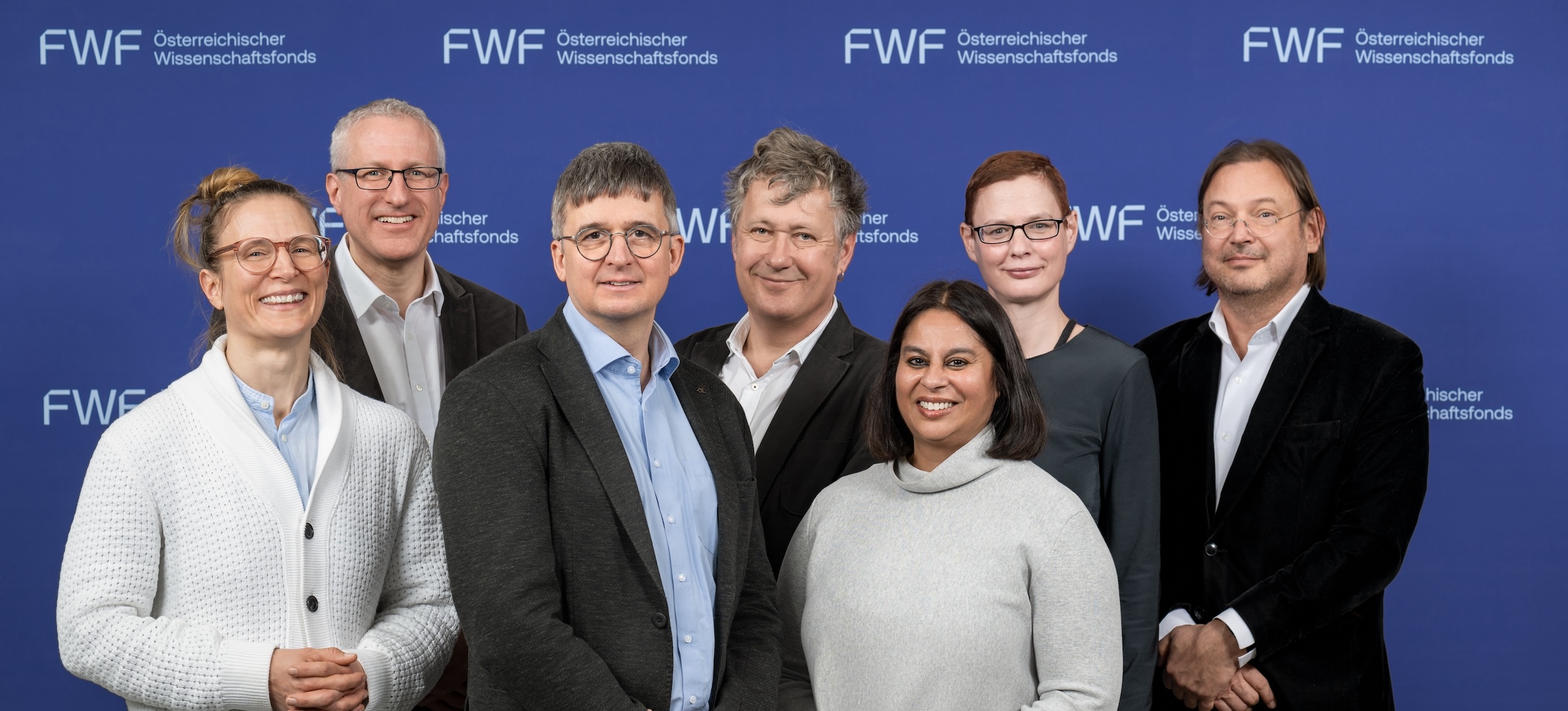The interdisciplinary pioneering project REMASS is being funded by the FWF with 7 million euros.
The rapidly increasing use of natural resources contributes to global warming, while current crises such as wars, pandemics, and climate extremes endanger global supply chains. But how do these crises affect resource usage, sustainability, inequality, and societal well-being?
To gain insights into societal metabolism, researchers from the Complexity Science Hub, WU Wien, IIASA, University of Vienna, and Central European University, under the leadership of BOKU University, have initiated the REMASS project (Resilience and Malleability of Social Metabolism). Here, they will analyze resource flows, material stocks (e.g., in buildings and infrastructures), and their contribution to society using novel approaches. REMASS has now received the coveted Emerging Fields funding from the Austrian Science Fund (FWF), amounting to nearly six million euros for the next five years.

FOOD, HOUSING, MOBILITY
“One focus of our research is to ensure that the Green Transition continues to progress even in turbulent times marked by disruptions such as production shutdowns, for example,” explains Stefan Thurner from the Complexity Science Hub (CSH). The scientists will link data on material stocks and resource flows with trade and production networks to create a comprehensive network that reflects the socioeconomic connections of our society. Within this network, they can model resilience to specific disruption scenarios and transformation processes.
“In our research, we examine the resilience of resource usage and opportunities for more sustainable design. Perhaps we will even discover tipping points towards greater sustainability and justice?” says Helmut Haberl from the Institute of Social Ecology at BOKU and coordinator of REMASS. The research focuses on the malleability of resource usage and social well-being in three key supply systems: food, housing, mobility – and identifies key actors, decision-making processes, and power structures.
TIPPING POINTS
For example, how does a switch from concrete to wood in the construction industry affect societal metabolism? What are the impacts of reducing meat consumption on the system? And what are the consequences of the increasing demand for lithium due to e-mobility for other sectors?
“Our goal is to use complexity research methods to determine which factors could lead to a collapse of the system – in other words, which events must occur for a tipping point to be reached, where production networks suddenly and uncontrollably change, with correspondingly uncontrollable effects on society. And of course: How can we prevent this?” says Thurner.
REMASS will thus create a high-resolution database on societal metabolism, making it possible to use big data approaches from complexity research to quantify the resilience of metabolism to disruptions in supply chains.
ABOUT THE EMERGING FIELDS FUNDING
The Emerging Fields initiative of the Austrian Science Fund FWF supports research teams of three to seven outstanding researchers who pioneer in basic research, demonstrate high scientific quality at an international level, and are willing to break established thought patterns.
Through funding ranging from three to six million euros over a period of 60 months, researchers will be able to pursue particularly innovative, original, and risky interdisciplinary research ideas that have the potential to bring about a real paradigm shift.


